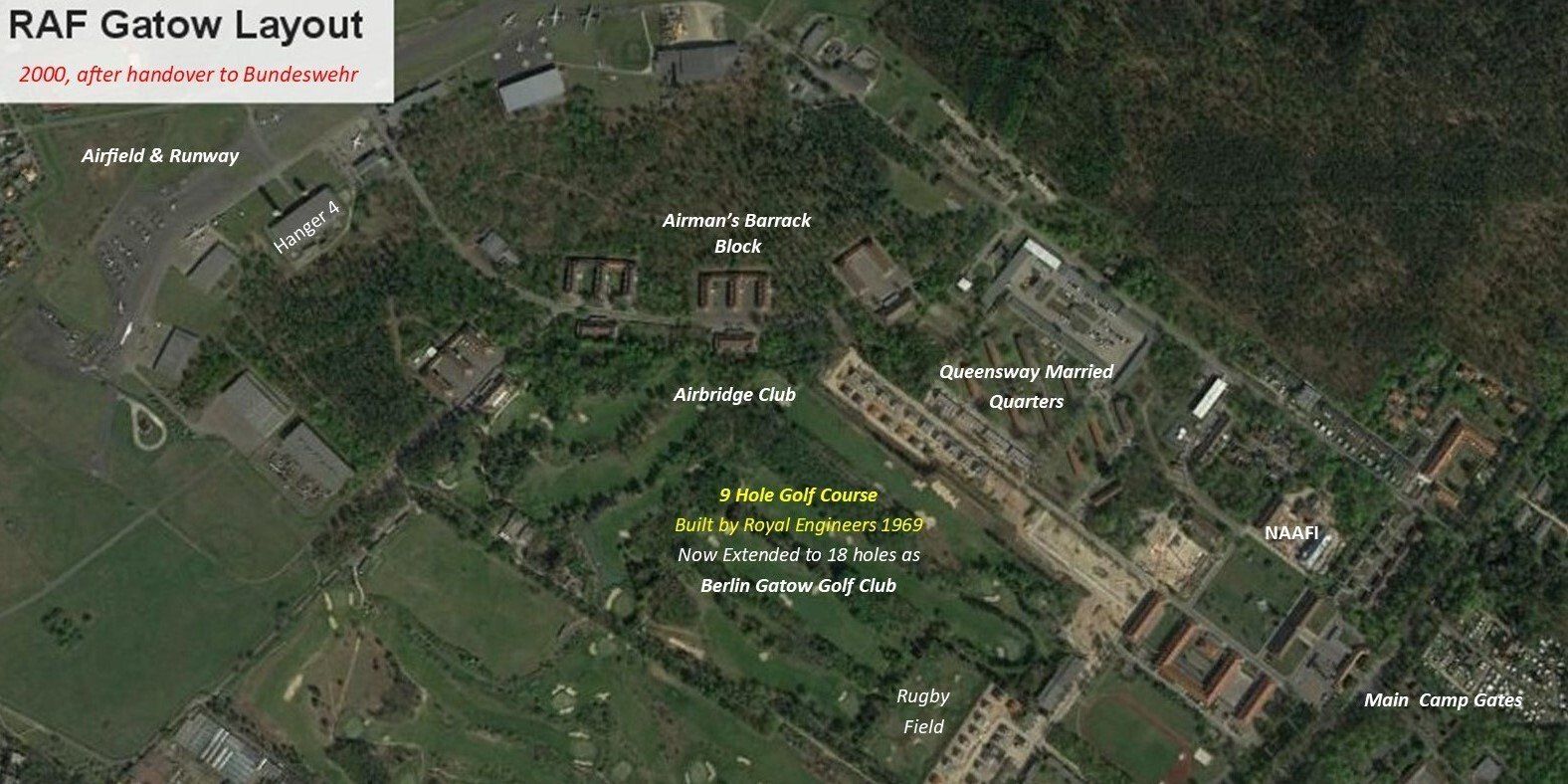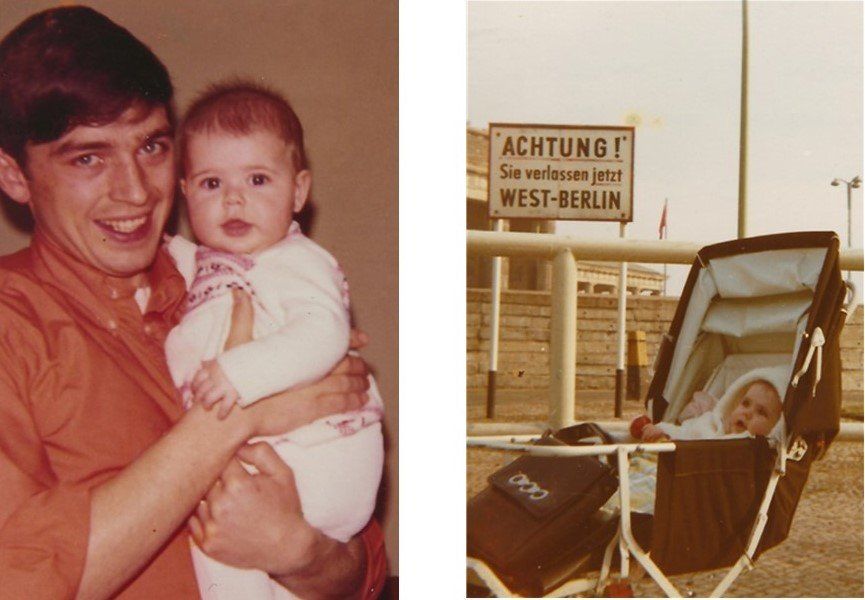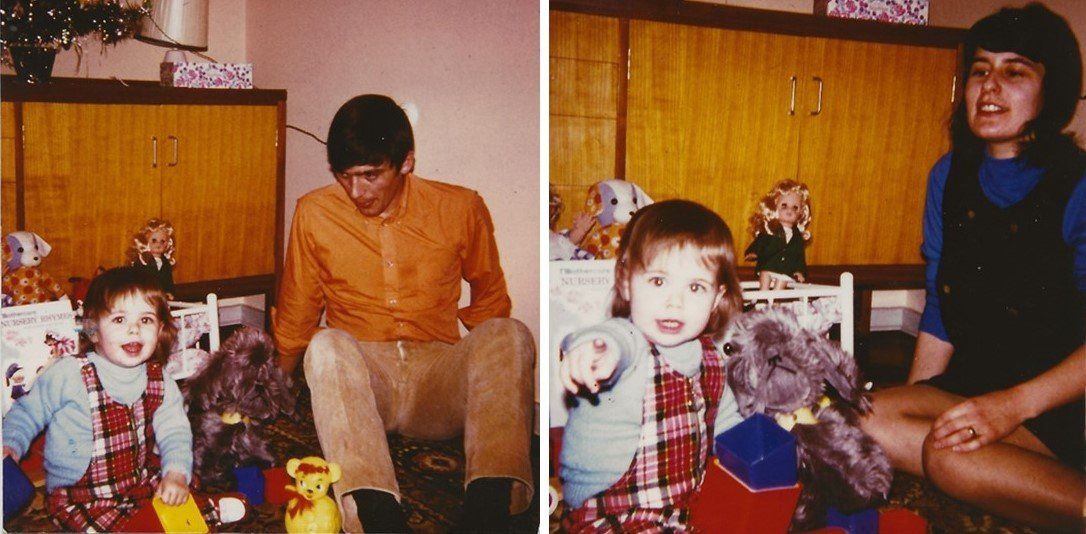There was an unexpected advantage of our location. A baker’s shop, which opened early, was just 50 metres away. We awoke every day except Sunday to the beautiful aroma of freshly baked bread. We soon learned to follow our neighbours’ example. Whenever I was working day shifts, I first went to the shop to buy four “Semmel” rolls for breakfast. The combination of warm rolls and lightly boiled eggs was simply divine. The shopkeeper quickly got used to me popping in early in uniform. If I came later in the day in jeans and jumper, his first words would be “Keine Arbeit heute?” [No work today?]. Everyone in the area was friendly. And, yes, I did take advantage of free travel on the bus in uniform.
The only picture I have taken inside the Gartenhaus. Returning with a fresh supply of cigarettes from the Gatow NAAFI.













